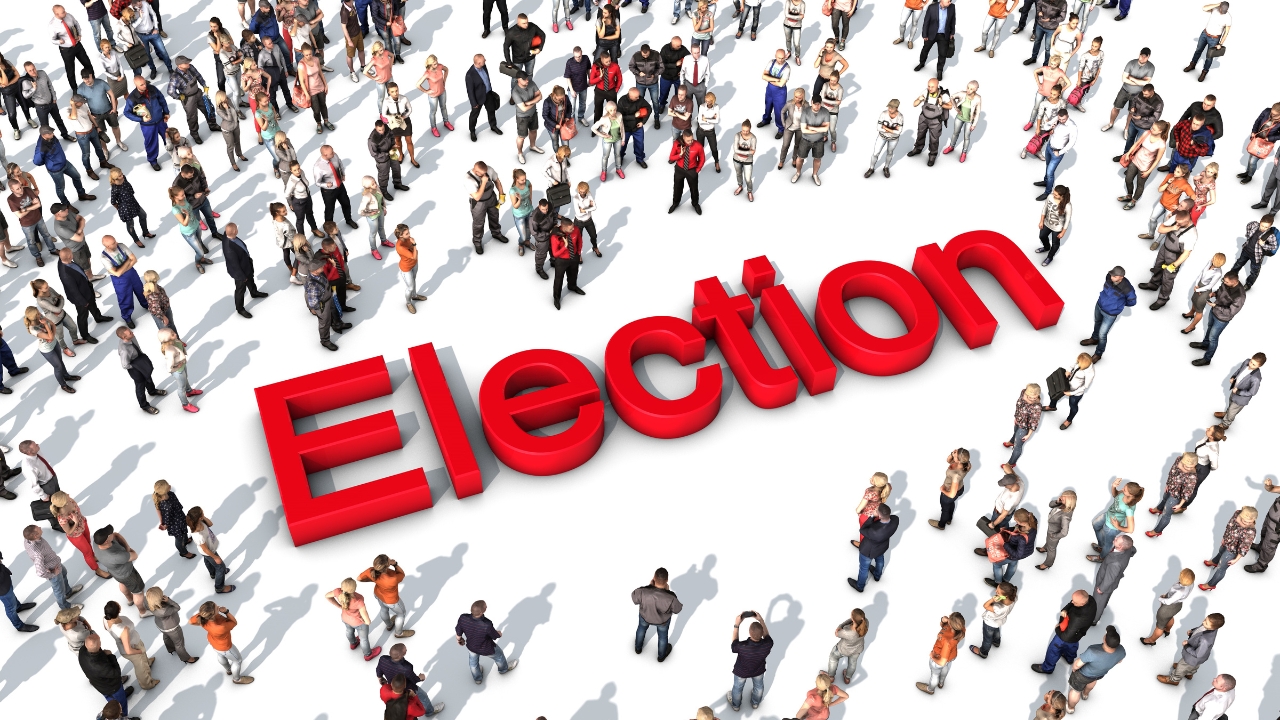
Trump’s Greenland Remarks Propel Gold and Defense
Gold and European defense stocks surge as fears of geopolitical tensions rise from Trump’s Greenland

Elections are often decided on issues that strike directly at the hearts and wallets of citizens. For Quebec, this election is turning into a single‑issue contest: the province’s proposed energy deal, which Premier François Legault has made the cornerstone of his political agenda.
At first glance, energy policy may not carry the same emotional pull as healthcare, education, or immigration debates. Yet in Quebec today, the question of who controls electricity, how much citizens pay for it, and how much is exported outside the province is shaping the entire political map. To some, the Premier’s energy vision represents a promise of new prosperity and climate leadership. To others, it feels like a gamble that could raise costs and leave communities behind.
Quebec’s History With Energy: A Legacy of Hydro Power
Quebec is not new to energy debates. Since the Quiet Revolution of the 1960s, when Hydro‑Québec was created and the province nationalized its electricity, control over power resources has been tied to Quebec’s sense of identity and independence.
Hydropower became more than just energy: it became a national project. Quebecers saw it as proof that their province, with its rivers, dams, and engineering, could chart its own path economically and culturally. Electricity was not only about profit but also about pride.
Over the decades, Hydro‑Québec grew into one of the largest hydroelectric producers in the world. The company exported power to Ontario, New England, and New York State. Energy policy became part of Quebec’s broader relationship with Canada and its southern neighbors. As the province pushed itself as a global leader in renewable energy, the promise of hydropower became tied to climate debates around clean energy.
Thus, today’s energy deal is not just another trade agreement—it is a chapter in this long story of Quebec’s identity.
What the Current Deal Proposes
The energy deal at the center of this election is ambitious. While full details will only be finalized after elections, the broad outlines include:
Expanding Hydro‑Québec’s export capacity to U.S. states eager to decarbonize their grids, including New York and Massachusetts.
Investing in new dam and power infrastructure projects within Quebec to increase capacity for both domestic and export markets.
Re‑pricing electricity for industrial use to attract new businesses in clean technology, critical mineral processing, and data centers requiring stable, green energy.
Long‑term fiscal planning to use export revenues to fund public services, from healthcare to public transport.
At the core of the deal is a trade‑off: Quebec pledges to share more of its abundant hydro resources in exchange for international revenue and economic growth—but ordinary Quebec citizens worry they may be asked to pay higher rates at home.
The Premier’s Case: A Future Built on Energy
Premier François Legault frames the deal as his central vision for Quebec’s future. His speeches highlight three themes:
Economic Growth
Energy exports will bring in billions of dollars annually, money he argues can stabilize Quebec’s finances and allow investments in hospitals, schools, and social services.
Job Creation
Large projects mean contracts for Quebec companies and employment for engineers, construction workers, and researchers. Meanwhile, cheaper industrial electricity could attract foreign companies to set up shop in Quebec.
Climate Leadership
By exporting clean hydropower, Quebec will help its American partners reduce reliance on coal and gas. The Premier portrays this as Quebec’s contribution to the fight against climate change, strengthening its soft power abroad.
For Legault, it is not merely an energy policy—it is a strategy for legacy. If successful, he will be remembered as the leader who secured Quebec’s finances through clean power.
The Critics: Warnings of Costs and Risks
Opposition parties and civil society offer sharp counterpoints:
Rising Household Bills
Some predict that household electricity costs will rise as exports pressure Hydro‑Québec to hike local prices. Critics warn ordinary families will subsidize corporate and foreign profits.
Environmental Concerns
Building new dams has major impacts: deforestation, displaced wildlife, and in some cases, flooded Indigenous lands. Opponents accuse the government of fast‑tracking projects without full consultation.
Democratic Deficit
Community leaders claim such a massive project deserves broader debate, not a top‑down political decision. Some opposition groups demand a referendum on large new energy infrastructure, similar to past debates over sovereignty.
Economic Gamble
Skeptics argue that the province is gambling too much on energy exports when global electricity markets are shifting quickly. Advances in solar, wind, and battery technology could reduce long‑term demand for Quebec’s hydro.
These voices insist that Quebec’s domestic needs must come first—and that the government should prioritize energy affordability for local families rather than international prestige.
Indigenous Perspectives: Land, Rights, and Respect
Another dimension to the debate is Indigenous rights. Many of Quebec’s past hydro projects came at the cost of Indigenous territories, particularly the Cree and Inuit communities in northern Quebec. Rivers were diverted and ancestral lands flooded. While historic agreements like the James Bay and Northern Quebec Agreement of 1975 addressed some disputes, mistrust remains.
Today, Indigenous leaders demand that any new deal include full consultation, fair compensation, and respect for self‑determination. They argue that repeating old mistakes would be unacceptable. For many Quebecers, how the government approaches this issue will also define its commitment to justice and reconciliation.
The Economic Stakes
Numbers help explain why the deal matters. Hydro‑Québec already contributes around $4 billion annually to provincial revenues. The new export agreements could increase this by $1–2 billion more per year in the near future. Proponents say that is money that could protect social services at a time when healthcare budgets are strained and the population is aging.
But the counter‑argument is equally strong: if electricity prices rise by even a few percentage points, households could see hundreds of extra dollars added to annual bills. In a time of inflation and economic uncertainty, this cost feels immediate and personal, while export profits feel abstract.
Thus the energy deal boils down to a balance between collective provincial benefit and individual household burden.
Election as a Referendum on Energy
This election may effectively become a referendum on the deal. Opposition parties are uniting their message: “Vote for us if you want to stop higher bills.” Meanwhile, the Premier’s party insists: “Vote for us if you want jobs, revenues, and climate leadership.”
Everything from televised debates to door‑to‑door campaigning now circles back to this central question. Even issues like healthcare or education are framed in relation to it: Can we fund hospitals without export revenue? Can we reduce student fees without new billions from energy?
For undecided voters, the challenge is sorting through competing promises and fears.
Media Narratives and Public Opinion
Media outlets in Quebec have split along familiar lines. Some major newspapers support the Premier’s vision, framing it as bold and necessary. Others emphasize the danger of rising bills and environmental costs. Television debate programs have amplified both sides, leading to increasingly heated public conversation.
Polls show Quebecers are divided. Roughly 40% strongly support the energy plan; 35% oppose it; and about 25% remain undecided. These numbers suggest that the election’s outcome could swing on small shifts in public opinion over the final weeks.
International Dimension
The deal also has international implications. The U.S., particularly New York State, has already lined up long‑term contracts to purchase Quebec power. American governors and climate advocates are watching closely. Quebec’s partners want political stability around the deal, fearing that an election upset could disrupt supply.
In this sense, Quebec’s provincial election is indirectly tied to North America’s broader climate and energy agenda. What happens in Montreal or Quebec City will affect electricity planning in Boston and New York.
Long-Term Risks and Rewards
Looking beyond the election cycle, the energy deal raises fundamental questions about Quebec’s economic model: